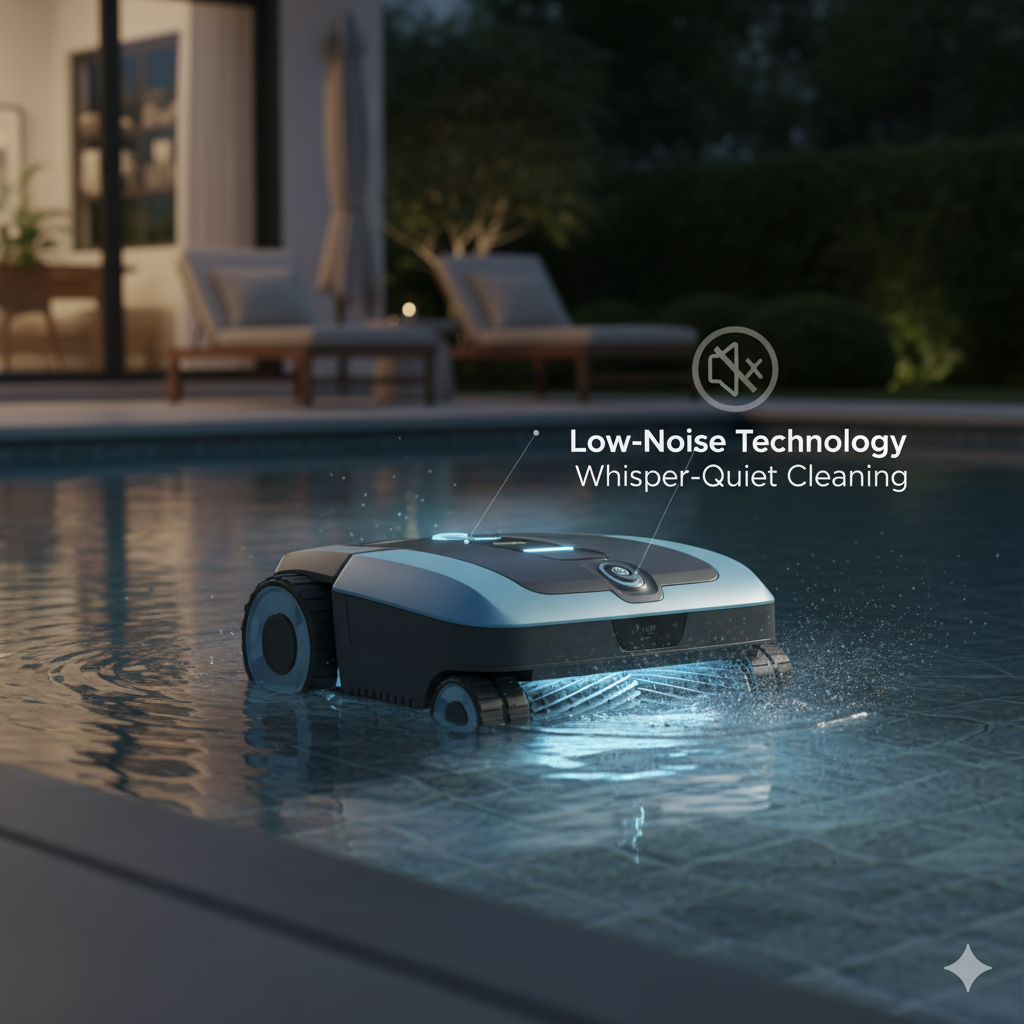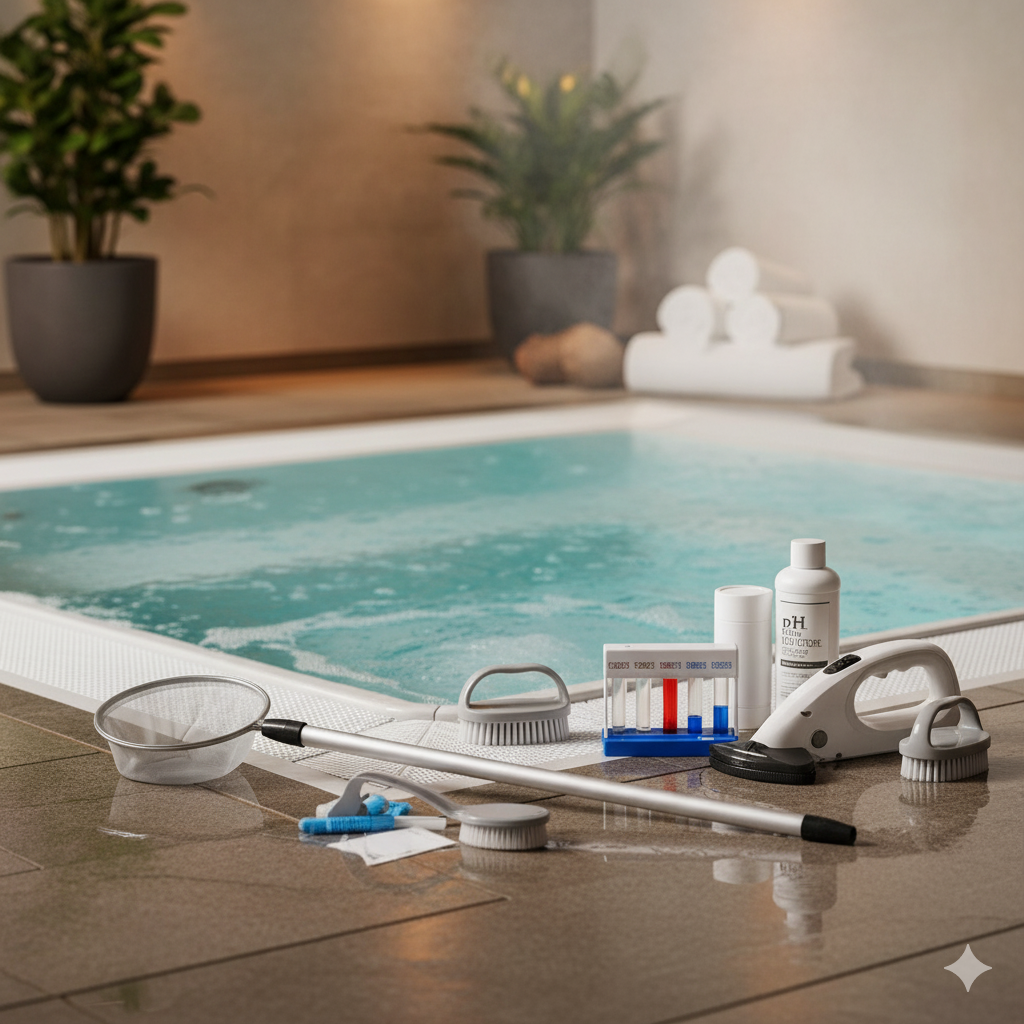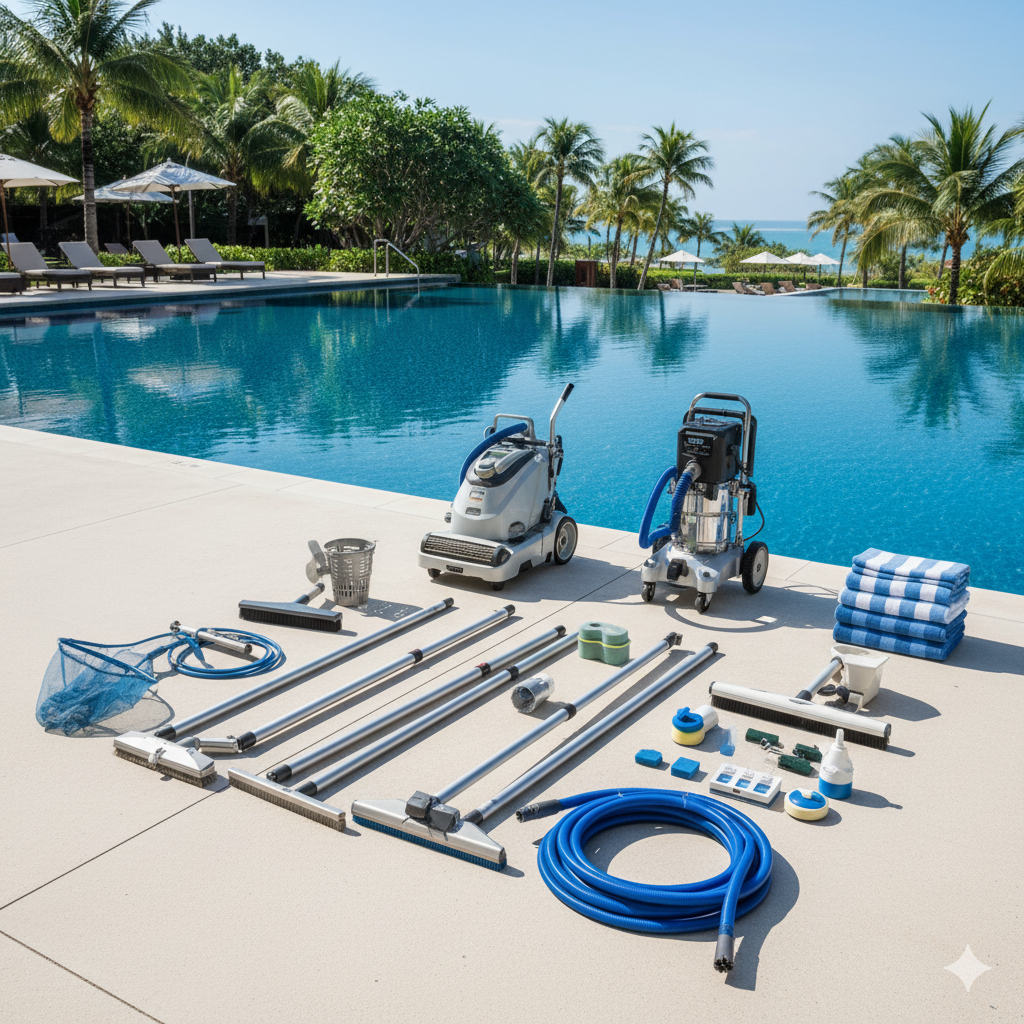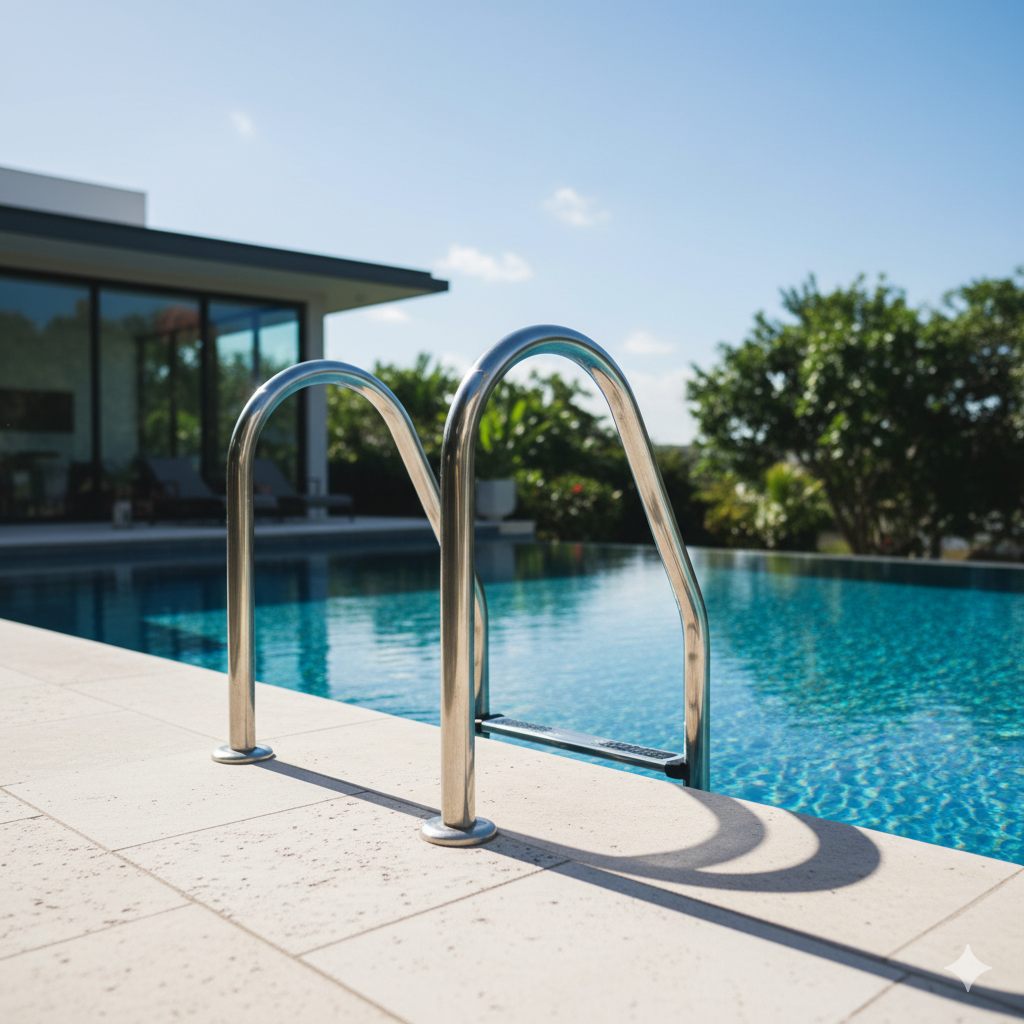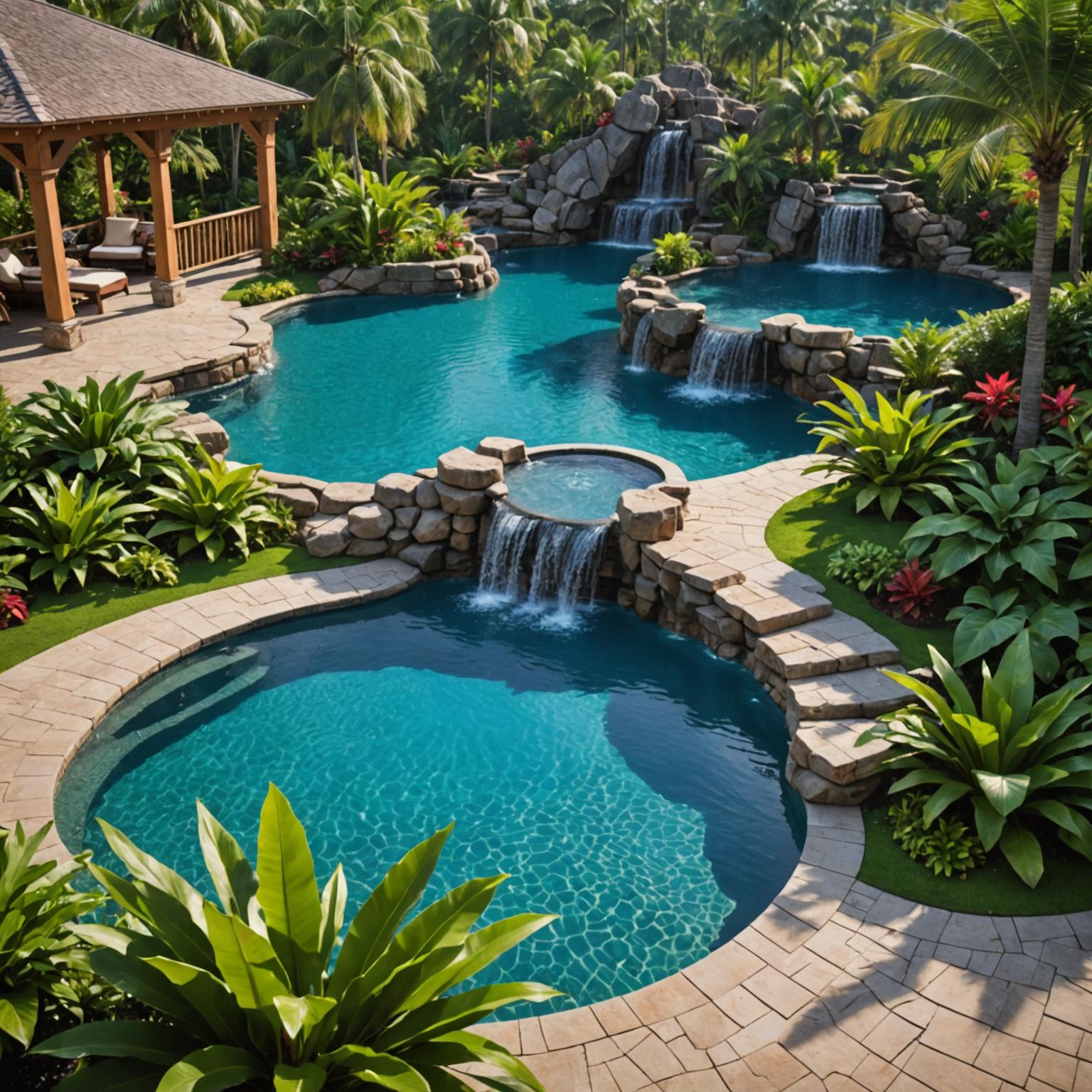
The Challenge of Large-Scale Pool Maintenance
Industrial pools — from Olympic training facilities to municipal aquatic centers — face unique cleaning challenges: massive surface areas, complex geometries, and high debris accumulation.
Traditional pool vacuums simply can’t generate the sustained suction or coverage consistency required for these demanding environments.
This has led to the rise of the industrial pool vacuum machine, a system engineered with high-capacity hydraulics, intelligent drive systems, and reinforced materials for year-round reliability.
The true difference between consumer and industrial pool cleaning is not just power — it’s precision under pressure.
Inside the Engineering: How Industrial Pool Vacuums Work
At the core of every industrial pool vacuum lies a hydraulic suction system designed to maintain constant negative pressure without cavitation or flow interruption.
Engineering principles include:
-
High-Torque Motor Units: Deliver sustained suction even under heavy debris load.
-
Centrifugal Debris Separation: Pre-filters large contaminants to reduce clogging and maintain flow rate.
-
Adaptive Water Channeling: Directs flow through dual inlets to balance pressure distribution.
-
Dynamic Seal Design: Prevents leakage during directional changes and underwater elevation shifts.
-
Programmable Path Logic: Embedded microcontrollers optimize cleaning paths for geometry-specific coverage.
In industrial applications, each parameter — from motor winding density to nozzle aperture angle — is mathematically modeled to ensure energy efficiency and coverage precision.
Industrial-Grade vs. Commercial Models: A Technical Comparison
| Feature | Commercial Pool Vacuum | Industrial Pool Vacuum Machine |
|---|---|---|
| Motor Output | 300–500 W | 1000–1500 W continuous duty |
| Suction Pressure | 7–9 kPa | 15–20 kPa stable |
| Operating Cycle | 2–3 hours | 8–12 hours continuous |
| Drive System | Basic roller or wheel | Servo-controlled track drive |
| Filtration Level | Single-stage | Dual-stage with mesh and cartridge |
| Material Build | ABS or PVC | Marine-grade aluminum + reinforced composite |
| Maintenance Interval | 3 months | 6–12 months |
This data-driven difference highlights how industrial machines are built for consistency, not convenience — capable of maintaining suction uniformity across hundreds of cubic meters of water.
Real-World Applications and Industry Use Cases
Industrial pool vacuum machines are used in environments that require predictable, repeatable results under high load conditions. Typical deployment scenarios include:
-
Aquatic Sports Complexes: Precision coverage and fast debris extraction maintain water clarity before events.
-
Water Parks & Resorts: Handle mixed debris (sand, leaves, organic matter) with multi-stage separation systems.
-
Public Pools & Recreational Centers: Operate overnight cycles without supervision using timed automation.
-
Industrial Water Facilities: Adapted for cooling reservoirs and treatment pools requiring strict contamination control.
Each case requires modular suction head configuration, different pressure tolerance, and chemical resistance testing, all of which influence how manufacturers design their vacuum systems.
Recommendations for Facility Operators and Procurement Managers
Selecting an industrial pool vacuum machine involves understanding both mechanical design and operational economics.
Here’s how facility operators can make data-driven decisions:
1. Define Cleaning Area and Depth:
Determine pool volume and surface geometry to select optimal suction power and nozzle width.
2. Prioritize Motor Endurance Over Peak Power:
Continuous-duty ratings (≥1500 hours) are more important than short-term wattage output.
3. Evaluate Filtration Architecture:
Dual-stage systems reduce maintenance frequency and improve long-term ROI.
4. Request Hydraulic Simulation Data:
Professional manufacturers can provide CFD (Computational Fluid Dynamics) models proving flow stability.
5. Verify Export Standards and Adaptation:
Ensure compliance with CE/UL/ISO standards, along with plug voltage and chemical compatibility certifications.
Our Manufacturing Advantage: Where Engineering Meets Reliability
A professional industrial pool vacuum machine manufacturer integrates mechanical engineering, materials science, and process control into every step of production.
Key advantages include:
-
Precision Mold Fabrication: CNC-calibrated tooling ensures exact dimensional symmetry.
-
Automated Coil Winding: Guarantees uniform torque output across motor batches.
-
Pressure Endurance Testing: Simulates 10,000 operation cycles under full hydraulic load.
-
Custom OEM Adaptation: Supports branded color schemes, nozzle sizes, and filtration standards for global clients.
-
Sustainability in Production: Implementing water recycling and low-emission assembly to meet green manufacturing directives.
With this engineering foundation, industrial pool vacuums achieve both mechanical robustness and market adaptability — serving facilities that demand performance, not promises.
For tailored OEM and export collaboration, visit Bonny’s official homepage or contact the technical team here.


